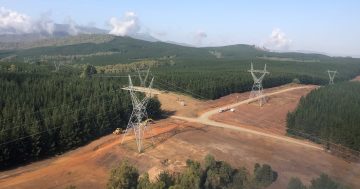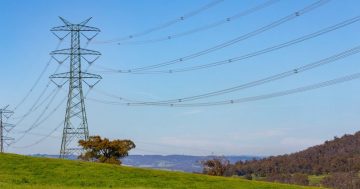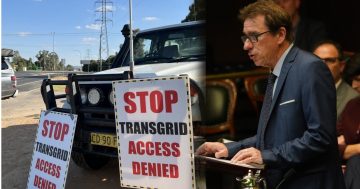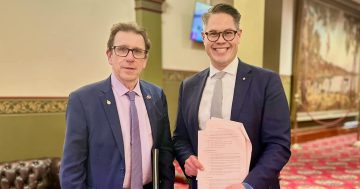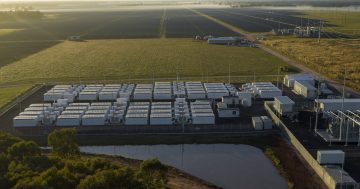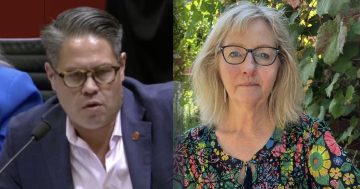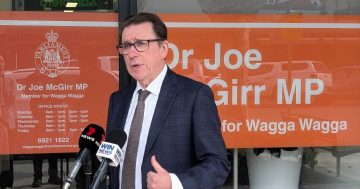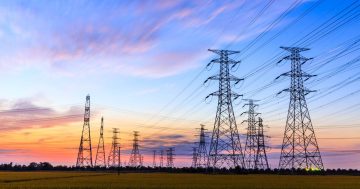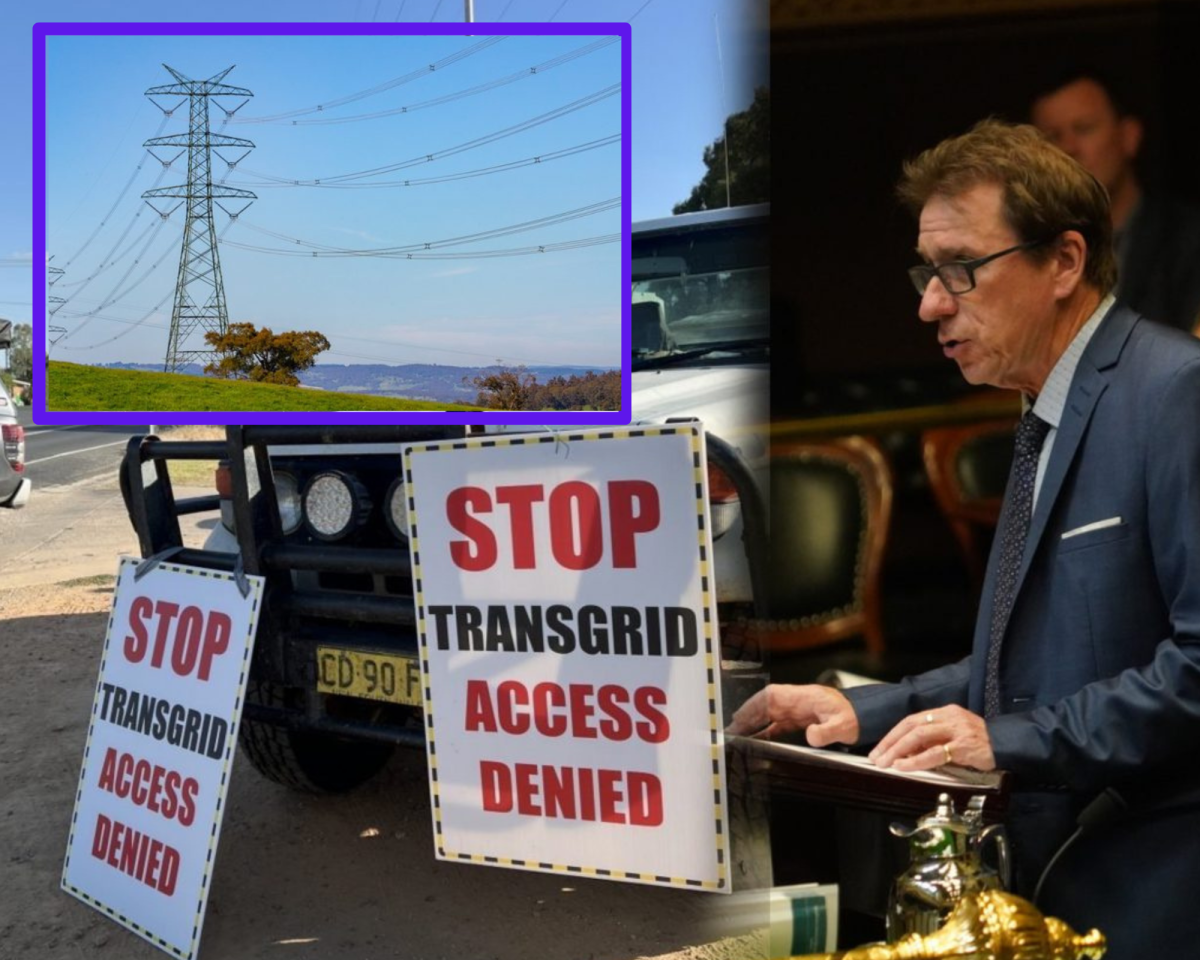
A public inquiry is set to begin on the ‘undergrounding’ of HumeLink’s 500kV transmission line that will connect Wagga, Bannaby and Maragle. Photo: Transgrid and Chris Roe.
Member for Wagga Wagga Dr Joe McGirr has welcomed the announcement of a public inquiry into ‘undergrounding’ the HumeLink infrastructure project.
HumeLink includes a new 500kV transmission line that will connect Wagga, Bannaby and Maragle. The project proposes about 360 km of new transmission lines and new or upgraded infrastructure at three locations.
Community action groups and landholders have been actively lobbying against the 360 km of power lines that will cross their properties, citing environmental and aesthetic impacts.
“I welcome the announcement by the Minister for Energy Penny Sharpe foreshadowed in reply to my question that the Legislative Council’s Standing Committee on State Development will conduct an inquiry into and report on the feasibility of undergrounding transmission infrastructure for renewable energy projects,” Dr McGirr said.
The Legislative Council Standing Committee on State Development will inquire into and report on the feasibility of undergrounding the transmission infrastructure for renewable energy projects.
The Legislative Council will look into the costs and benefits of undergrounding, existing case studies and current projects regarding similar undergrounding of transmission lines in both domestic and international contexts, any impact on delivery timeframes of undergrounding, and any environmental impacts of undergrounding.
Dr McGirr said regional communities were concerned about proposed overhead transmission projects like HumeLink.
“The giant overhead towers raise the fire risk, ruin prime farmland, scar the landscape and the environment and visual amenity and have a significantly negative impact on native habitats,” he said.
“I share these concerns and, over the past three years, have raised them with the Government on a number of occasions.”
The Member for Wagga said it was now the time for people in the community to provide submissions, give evidence and make their voices heard.
“Now there is an opportunity for undergrounding of Humelink to be truly, fully and transparently considered.
“I strongly encourage those interested to contact my office if they have any particular issues to raise and I will provide details about how to make a submission as they are made available.
Earlier this year, Transgrid estimated an increased cost of almost $8 billion to go underground and warned that it would cause delays and have a direct impact on consumer bills.
“In the case of HumeLink, the difference in cost between overground and underground development is considered substantial and as such is not in the best interests of consumers,” a spokesperson said.
“Given the cost-of-living pressures being experienced by consumers, this is particularly pertinent and Transgrid is committed to doing everything it can to put downward pressure on customer bills.”
They added that it would also slow the transition to renewables.
“Undergrounding HumeLink would not be consistent with the rules that require Transgrid to propose the most efficient option for consumers based on the capital cost of the solution, the ongoing operational costs, the market benefits, the expected reliability, and the costs associated with the impact on landowners, the community, and the environment,” they said.







